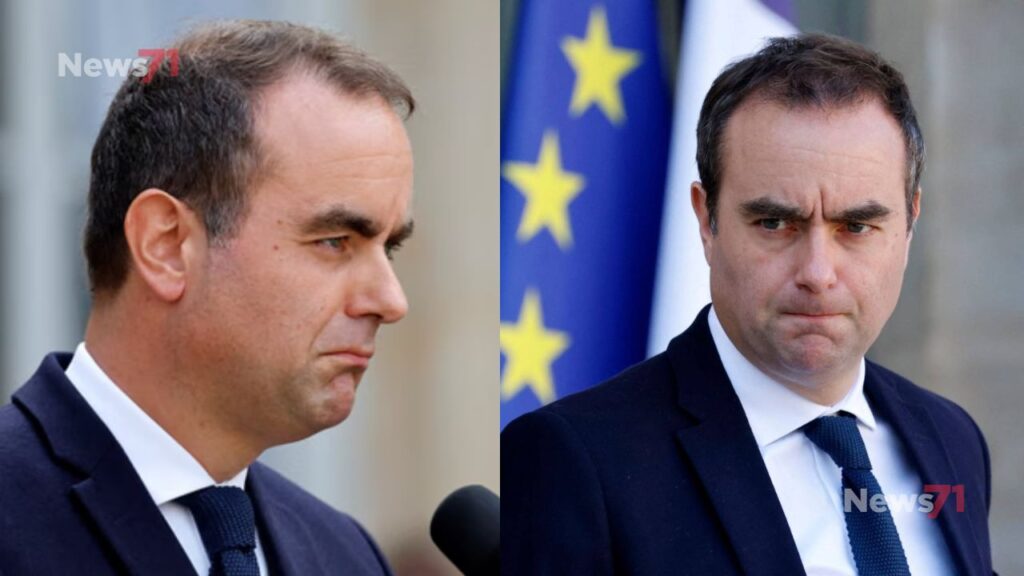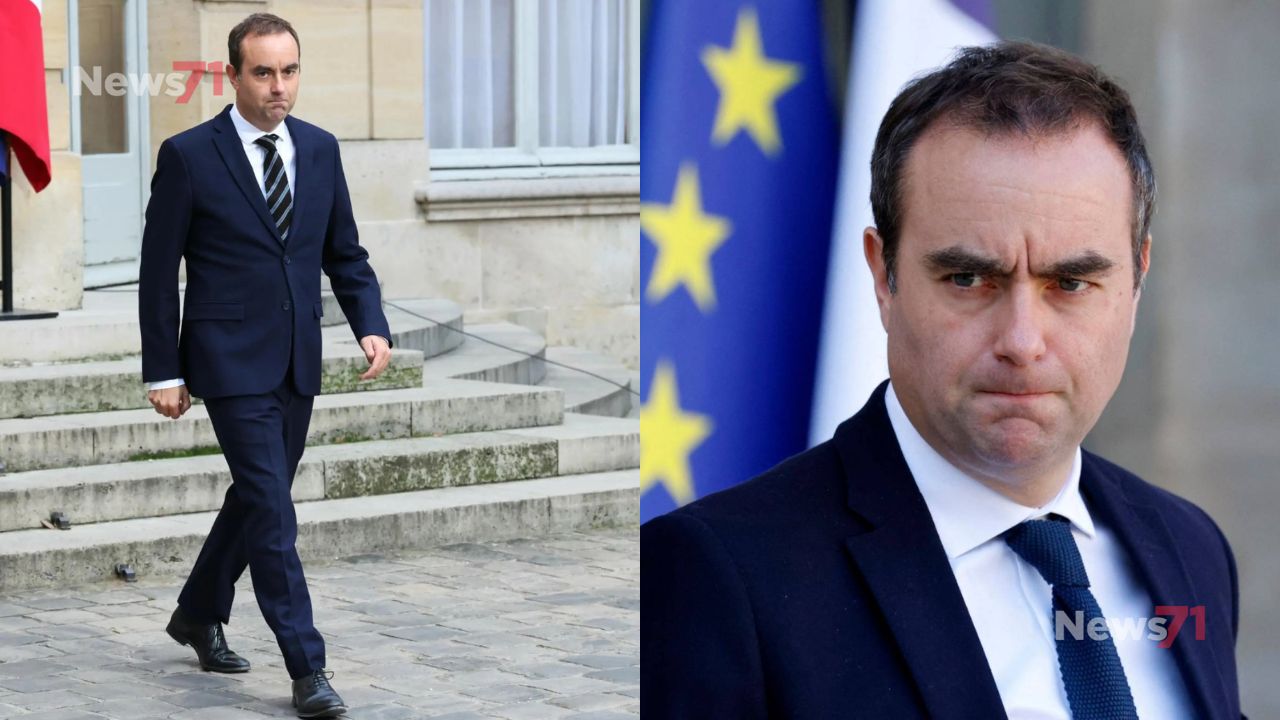Lecornu resigns after just 26 days as prime minister, throwing France into yet another period of political turmoil. His departure marks the third resignation of a French prime minister since December, deepening the crisis of governance and exposing the fragility of the country’s leadership. The news came the day after he presented his new cabinet, which was met with fierce opposition in the National Assembly. Lawmakers across the spectrum were ready to block the lineup, particularly objecting to the appointment of former finance minister Bruno Le Maire as minister of the armed forces. By Monday afternoon, Le Maire withdrew from the cabinet, but by then Lecornu had already made his decision.
Even after Lecornu resigns, he agreed to President Emmanuel Macron’s request to draft a stability plan within 48 hours. The proposal is meant to test whether any compromise can be reached with rival parties, but analysts say the task is nearly impossible. Macron now faces tough options: he could appoint another prime minister, dissolve the National Assembly for fresh elections, or step down himself, though resignation remains the least likely. Still, the fact that Lecornu resigns so quickly shows how difficult it is for any leader to govern in today’s fractured political climate.
Lecornu Resigns

The instability did not start with this resignation. Since July 2024, when Macron called snap elections after losses in the European Parliament, French politics has been gridlocked. The elections produced a hung parliament divided among left, right, and center factions unwilling to cooperate. Michel Barnier was the first casualty, removed by a no-confidence vote after just three months. François Bayrou followed, his government collapsing after lawmakers rejected his austerity budget. Now Lecornu resigns, despite being seen as Macron’s most loyal choice and perhaps his last reliable option.
The economic situation makes the crisis even more pressing. France’s deficit reached 5.8% of GDP in 2024, and its national debt has climbed to 114% of GDP, the third highest in the eurozone. This amounts to nearly €50,000 per citizen, raising alarms among investors. Markets reacted negatively after Lecornu resigns, with Paris stocks falling sharply on fears that political paralysis will make economic reforms impossible.
In his farewell remarks, Lecornu criticized what he called “partisan appetites” in parliament, saying every group acted as if it held an absolute majority. He insisted he was ready for compromise, but claimed opponents refused to meet halfway, demanding their full agendas be accepted. These divisions have become the defining feature of France’s government and the main reason leaders keep falling one after another.
RELATED POST: Activists Accuse Israeli Forces of Mistreating Greta Thunberg After Gaza Flotilla Raid
The fact that Lecornu resigns after less than a month reflects the deep dysfunction at the heart of French politics. As Macron awaits a stability plan, many believe fresh elections may be the only path forward, even though that risks empowering Marine Le Pen’s far-right National Rally. Whatever choice is made, the crisis proves that when Lecornu resigns, it is not just about one leader, but about a broken system struggling to deliver stability.






